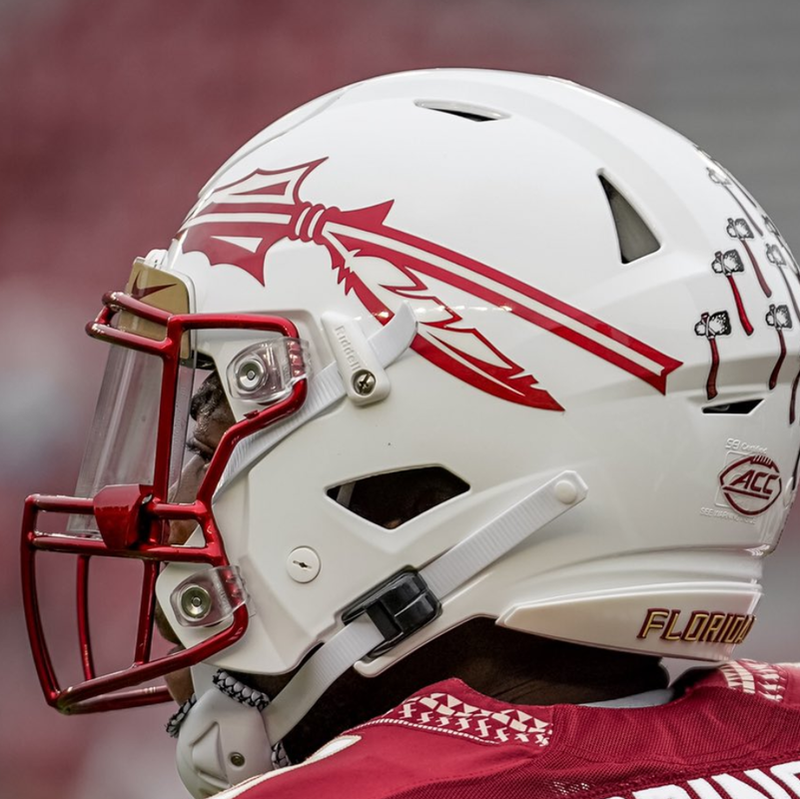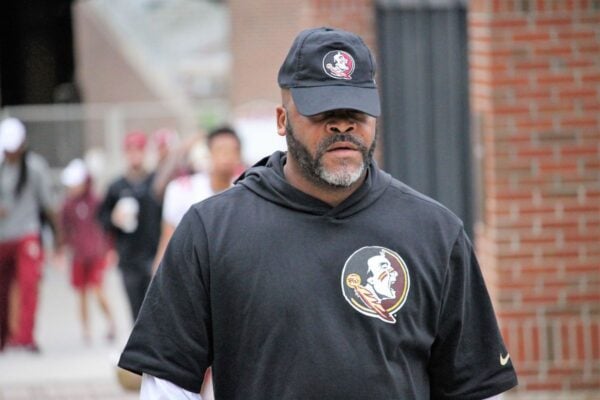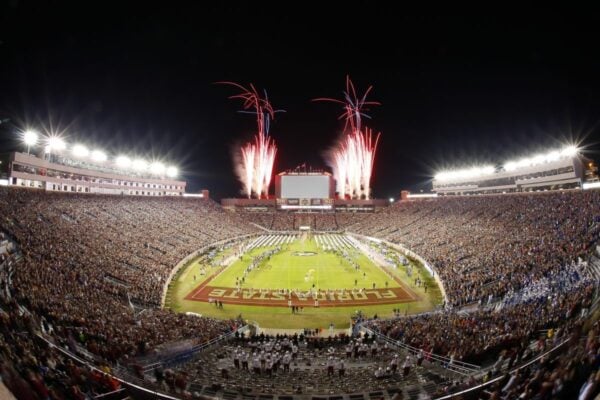In a sweeping controversy that’s caught the attention of fans, analysts, and officials alike, the college football landscape has been brimming with debates and calls for reform. At the heart of the storm is the exclusion of Florida State from the College Football Playoff, an undefeated team overlooked in favor of a one-loss Alabama squad. This decision has not only sparked outrage but prompted discussions on the transparency and fairness of the college football selection process.
The Aftermath of the Selection
Florida State’s snub from the playoff has led to a cascade of reactions. From the university’s top officials expressing their dismay to fans’ uproar on social media, the decision has not been taken lightly. The state of Florida’s attorney general went as far as announcing an antitrust investigation into the matter, reflecting the depth of the issue’s reach. Seminoles coach Mike Norvell and FSU athletic director Michael Alford have not shied away from voicing their frustration, with Norvell describing his feelings as “disgusted and infuriated.”
Kirk Herbstreit’s Apology
ESPN college football analyst Kirk Herbstreit found himself at the center of the controversy, initially throwing his support behind Alabama’s inclusion over Florida State. His stance drew significant backlash from the Seminoles community, leading the renowned analyst to issue an apology. Herbstreit expressed regret over the discord his opinions caused, emphasizing his respect for the FSU program and its fans. He clarified that his remarks were never intended to be personal and reiterated his admiration for the Seminoles.
Push for Transparency
The unfolding drama has reignited discussions around the need for greater transparency in the College Football Playoff selection process. Critics argue that the justifications for team rankings remain ambiguous, with the committee’s decisions often perceived as subjective. The inclusion of one-loss Alabama over an undefeated Power Five conference champion like FSU has further fueled these calls for clarity. NCAA president Charlie Baker and playoff selection committee chair Boo Corrigan have offered responses that suggest a reluctance to alter the existing framework, though they acknowledge the complexities of the decision-making process.
Legal and Legislative Response
The controversy has escalated beyond mere discussions, with tangible actions being taken by those feeling wronged by the selection committee’s decision. Florida senator Rick Scott has officially sought answers regarding the transparency of the selection process. In a bold move reflecting their discontent, Florida State University has initiated legal proceedings against the ACC. The lawsuit points to grievances over media rights and exit fees, underscoring the broader dissatisfaction with current collegiate sports governance structures.
Looking Ahead
As the dust begins to settle on this controversy, the discussions it has ignited are far from over. The calls for a more transparent, equitable College Football Playoff selection process are growing louder. With legal actions underway and legislative interest piqued, the outcome of Florida State’s snub could have lasting implications on how college football operates. For fans, analysts, and administrators, the hope is that this incident sparks changes that better reflect the efforts and achievements of teams across the nation.
Kirk Herbstreit apologizes for his FSU antics



